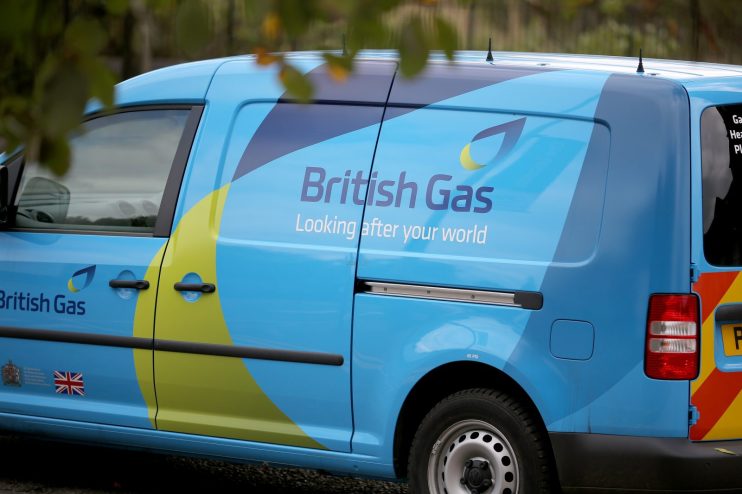British Gas boss received poo in the post amid fire and rehire row

The chief executive of British Gas owner Centrica was “sent excrement” in the post yesterday amid an ongoing row over pay at the firm.
Chris O’Shea told MPs at a business committee meeting today that the package was received by his wife and teenage son “with a note about fire and rehire”.
British Gas engineers last month held a five-day strike after Centrica said it plans to cut about 5,000 jobs to “arrest the decline” of the company.
Workers have claimed Centrica is attempting to push through pay cuts by threatening to fire workers, with almost 90 per cent of GMB union members voting for industrial action against the firm in December.
Members of the GMB union have staged 12 strikes this year and will walk out again on Friday for four days. This week’s strike could see more than 200,000 households around the UK face delays to their boiler repairs as temperatures plummet below freezing in some parts of the country.
Speaking to MPs this afternoon, O’Shea said he understood what he was asking was “difficult”, but that he was “not immune” to the situation.
“I know this puts a lot of pressure on people,” O’Shea told the Business Select Committee. “Only yesterday my wife and teenage son had a package of excrement delivered to them with a note about fire and rehire. This is something that affects absolutely everybody.”
“Undoubtedly what I’m asking people to do is difficult, I won’t shy away from that,” he added. “However, my view is that I would rather do everything in my power to save the 20,000 jobs that we’ve got.”
GMB national officer Justin Bowden accused Centrica of “poisoning the well” by “putting the cart before the horse”.
He slammed the company for issuing formal notification of changes to contracts last summer before an agreement could be reached.
O’Shea insisted that the company’s £1bn net loss for 2019 showed that the company had no other choice but to make the changes.
The firm last week revealed business energy demand was down 15 per cent in the second half of 2020 as the UK continues to work from home, compared to 30 per cent in the first half.